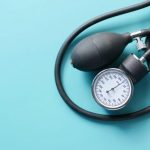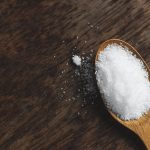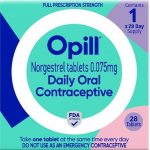
When it comes to pregnancy and caffeinated drinks, less is best, says an expert, warning women to avoid energy drinks in particular. “Energy drinks contain varying amounts of caffeine, so check nutrition labels to understand how much caffeine and other ingredients they contain,” Dr. David Nelson said in a news release from University of Texas (UT) Southwestern Medical Center in Dallas. He’s division chief of maternal-fetal medicine. The caffeine content of energy drinks can range from 50 mg to 500 mg in 8-ounce to 24-ounce cans and bottles, Nelson noted. During pregnancy or while attempting to become pregnant, U.S. guidelines recommend that women consume less than 200 milligrams of caffeine per day. That level does not appear to be associated with miscarriage or preterm birth, according to the American College of Obstetricians and Gynecologists. However, the relationship between caffeine consumption and fetal-growth restriction remains uncertain. A full-strength, 8-ounce cup of coffee contains just under 100 mg of caffeine. A 12-ounce Coke has about 34 mg of caffeine. Diet Coke has 46 mg of caffeine. A regular Mountain Dew has 54 mg. The small, 2-fluid-ounce energy shots have about 200 mg of caffeine. U.S. regulations on content labeling and health warnings for energy drinks are among the most lax, according to UT Southwestern. The U.S. Food and Drug Administration doesn’t regulate energy drinks. The impact of… read on > read on >





























-300x200.jpg)







-300x169.jpg)
